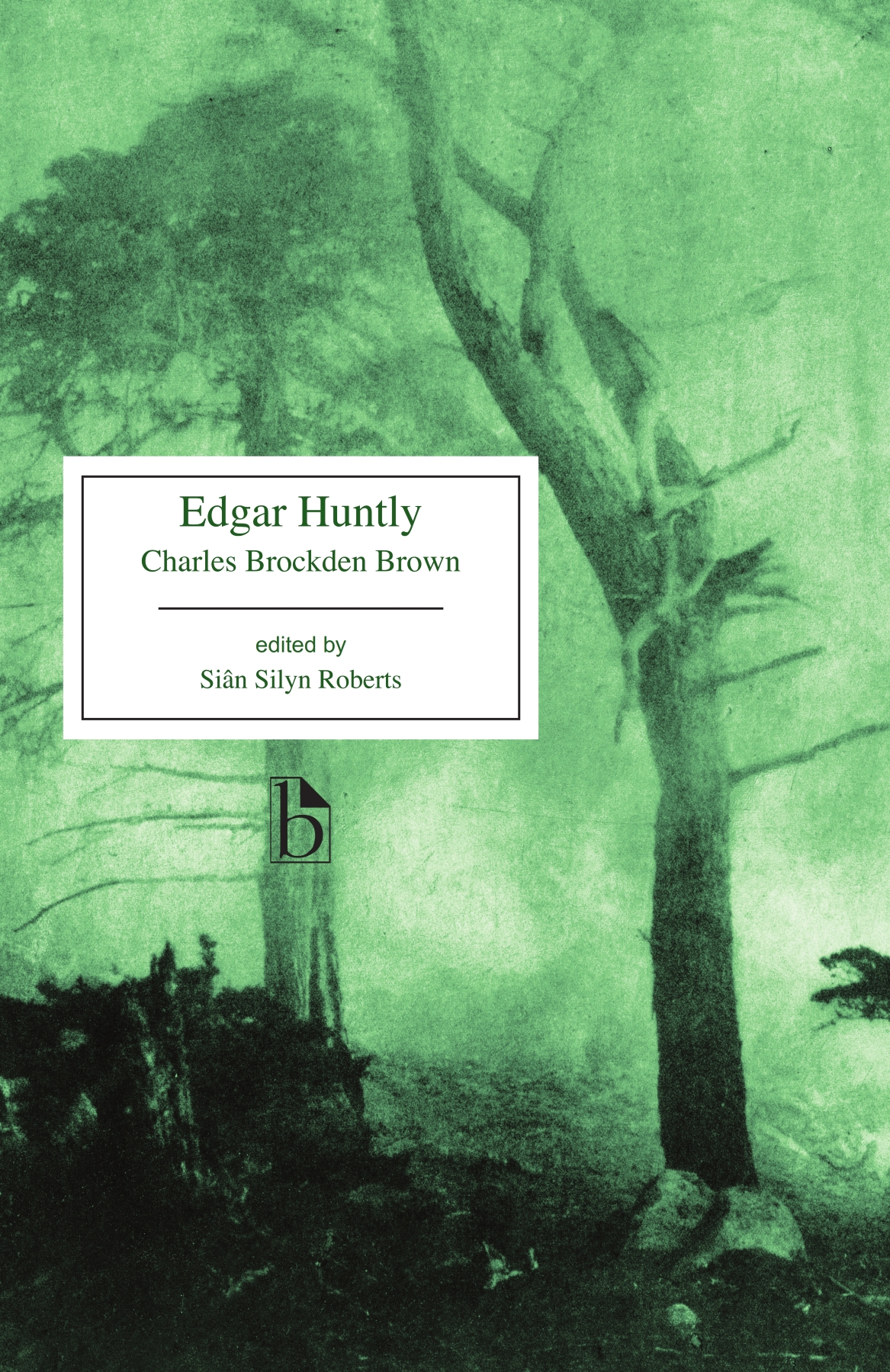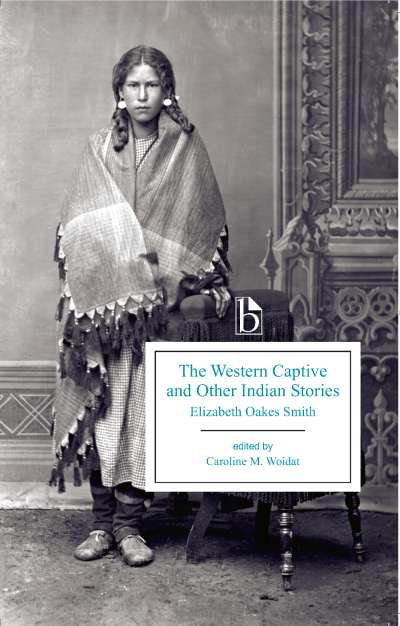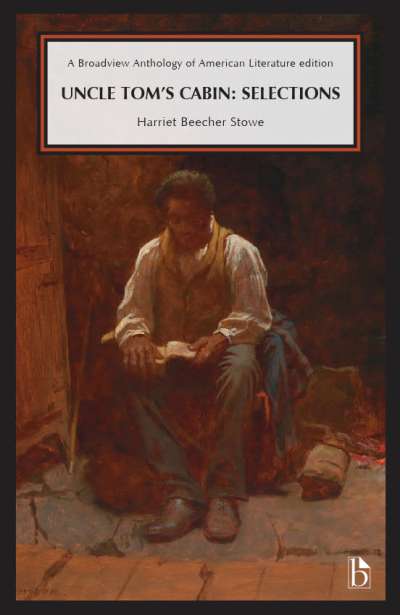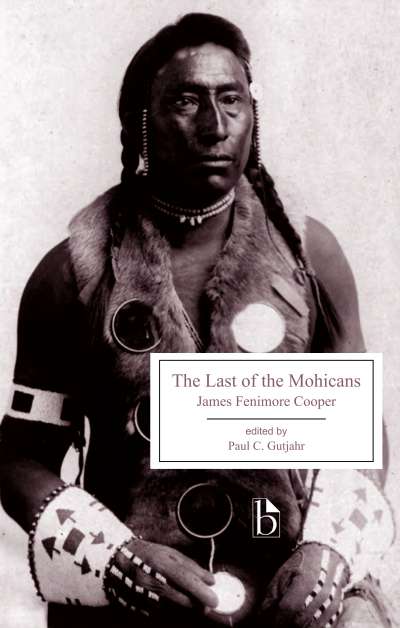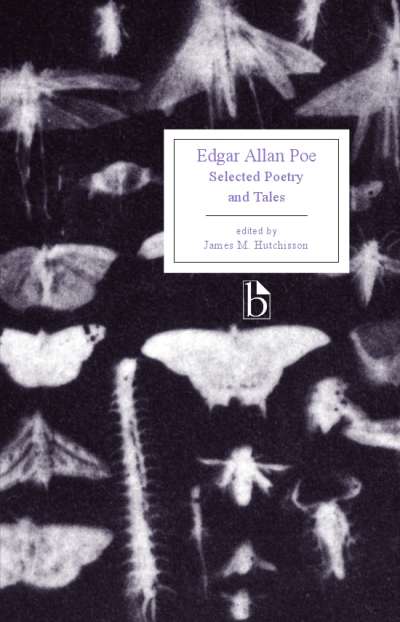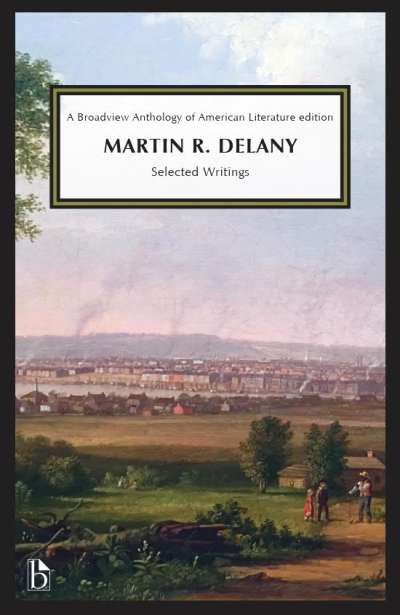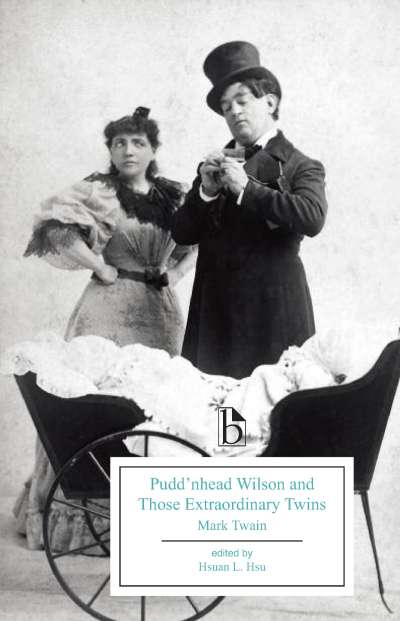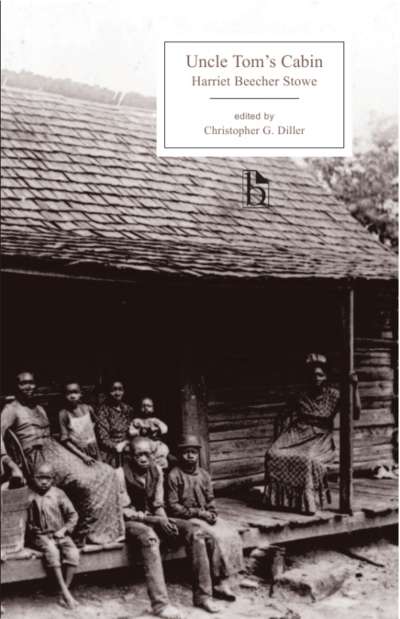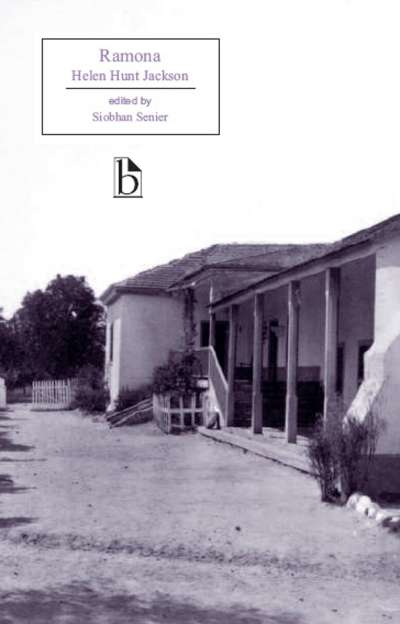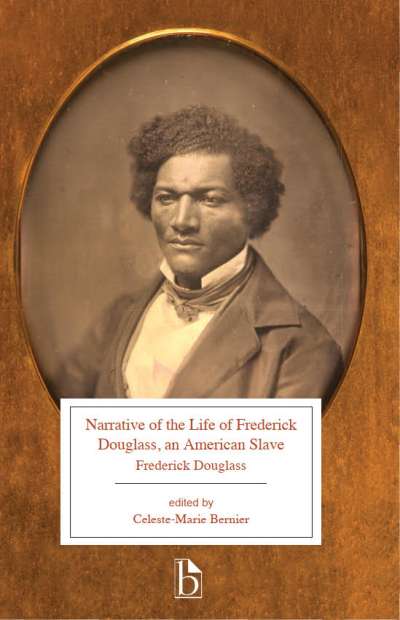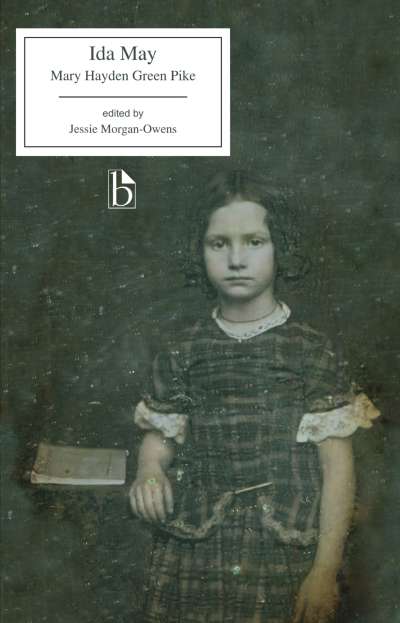
Edgar Huntly is a compelling tale of sleepwalking, murder, and frontier violence set in rural Pennsylvania in the 1780s. His memory and wits shaken by the scenes he has witnessed, ordinary republican citizen Edgar Huntly relates the unpredictable and catastrophic consequences of his chance encounter with Clithero Edny, a mysterious Irish immigrant whose unfortunate but violent history catches up with him in the New World. Huntly’s growing obsession with Clithero plunges both men into physical and mental danger, unsettling the colonial territories of the Delaware basin and the cognitive territory of Huntly’s own mind. Brockden Brown’s artful sensationalism transplants the European form of the gothic romance to the new United States, yielding one of the most exciting, metaphysically sophisticated, and historically self-aware novels in early American literary culture.
This Broadview Edition includes a rich selection of historical materials on the gothic and sublime, sleepwalking, captivity narratives, and early American literary nationalism.
Comments
“Siân Silyn Roberts has done readers, students, and scholars a tremendous service in assembling this critical edition of Edgar Huntly. An authoritative scholarly edition of the text of the novel is placed among a remarkable range of contemporary extracts that help readers understand the text in the contexts of late-eighteenth-century aesthetic and moral philosophy, transatlantic literary culture and the gothic boom, and other topics. Roberts also adds an elegant critical introduction, thus making her own important contribution to the critical scholarship. This new edition pulls Brown’s fascinating and difficult novel into a new set of critical and theoretical conversations that reflect early American literary studies today; it will surely make this canonical, yet somewhat under-studied early American novel accessible to new generations of readers.” — Ezra Tawil, University of Rochester
“Siân Silyn Roberts has raised the bar considerably in her edition of Charles Brockden Brown’s notoriously difficult Edgar Huntly. In taking up Brown’s ‘dare’ to readers, Roberts provides the most comprehensive toolbox for both new and returning students, and for those of us who have sustained the discomfiting realm of Brown’s world for years. The excellent introduction demonstrates Brown’s broad-ranging investments and influences, from the regional to the transatlantic, native American to radical Irishman, US literary nationalism to the extensive literary archives his work engages with. Roberts illuminates the connections between the 1790s and today, and as a result, invites readers to imagine historical trajectories as Brown’s work demands. This is important and timely—I can’t wait to use it in my classes.” — Gretchen Woertendyke, University of South Carolina

